 Welcome
Welcome
“May all be happy, may all be healed, may all be at peace and may no one ever suffer."
Recurrent breast cancer
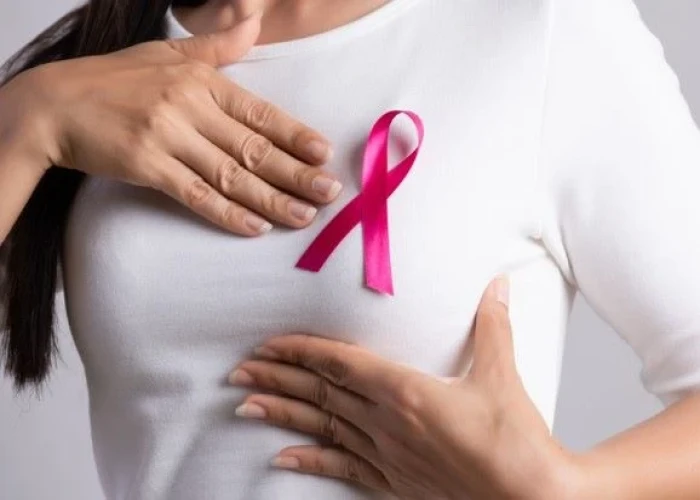
Recurrent breast cancer is cancer that comes back after initial treatment for breast cancer, either in the same breast or in another part of the body. Although treatment for breast cancer can be successful in many cases, there is always a risk of recurrence, particularly in those with advanced or aggressive cancers.
The signs and symptoms of recurrent breast cancer may vary depending on the location of the recurrence. In some cases, recurrent breast cancer may not cause any noticeable symptoms, and it may only be detected through routine imaging tests or blood tests.
Treatment for recurrent breast cancer depends on the location and extent of cancer, as well as the individual's overall health and other factors. Treatment options may include surgery, radiation therapy, chemotherapy, hormonal therapy, targeted therapy, or a combination of these approaches. The goal of treatment is to eliminate or control cancer, alleviate symptoms, and improve quality of life.
Prevention of recurrent breast cancer involves making lifestyle changes to reduce risk factors, such as maintaining a healthy weight, engaging in regular exercise, eating a healthy diet, limiting alcohol consumption, and quitting smoking. It is also important to undergo regular screening tests, such as mammography and breast MRI, to detect any signs of breast cancer recurrence in their early stages when they are most treatable.
If you have a history of breast cancer, it is important to work closely with your healthcare provider to develop a personalized plan for ongoing monitoring and treatment to help prevent the recurrence of breast cancer or detect it early if it does occur.
Research Papers
Disease Signs and Symptoms
- Breast lump
- One or more painless nodules on or under the skin of the chest wall
- Seizures
- Headaches
- Weight loss
- Loss of appetite
- Persistent cough
- Groin pain or hip pain
- Nipple discharge
- Breast tenderness
- Breast cancer
- Breast tumors
- Breast pain
- A new area of thickening along or near the mastectomy scar
Disease Causes
Recurrent breast cancer
Recurrent breast cancer occurs when cells that were part of your original breast cancer break away from the original tumor and hide nearby in the breast or in another part of your body. Later, these cells begin growing again.
The chemotherapy, radiation, hormone therapy or other treatment you may have received after your first breast cancer diagnosis was intended to kill any cancer cells that may have remained after surgery. But sometimes these treatments aren't able to kill all of the cancer cells.
Sometimes cancer cells may be dormant for years without causing harm. Then something happens that activates the cells, so they grow and spread to other parts of the body. It's not clear why this occurs.
Disease Prevents
Recurrent breast cancer
Strategies that have been linked to a reduced risk of breast cancer recurrence include:
- Hormone therapy. Taking hormone therapy after your initial treatment may reduce the risk of recurrence if you have hormone receptor positive breast cancer. Hormone therapy may continue for at least five years.
- Chemotherapy. For people with breast cancer who have an increased risk of cancer recurrence, chemotherapy has been shown to decrease the chance that cancer will recur, and those who receive chemotherapy live longer.
- Radiation therapy. People who've had a breast-sparing operation to treat their breast cancer and those who had a large tumor or inflammatory breast cancer have a lower chance of the cancer recurring if they're treated with radiation therapy.
- Targeted therapy. If your cancer makes extra HER2 protein, drugs that target that protein can help decrease the chance of the cancer recurring.
- Bone-building drugs. Taking bone-building drugs reduces the risk of cancer recurring in the bones (bone metastasis) in people with an increased risk for breast cancer recurrence.
- Maintaining a healthy weight. Maintaining a healthy weight may help decrease the risk of recurrent breast cancer.
- Exercising. Regular exercise may reduce your risk of breast cancer recurrence.
- Choosing a healthy diet. Focus on including lots of vegetables, fruits and whole grains in your diet. If you choose to drink alcohol, limit yourself to one drink a day.
Disease Treatments
Your treatment options will depend on several factors, including the extent of the disease, its hormone receptor status, the type of treatment you received for your first breast cancer and your overall health. Your doctor also considers your goals and your preferences for treatment.
Treating a local recurrence
Treatment for a local recurrence typically starts with an operation and may include radiation if you haven't had it before. Chemotherapy and hormone therapy also may be recommended.
- Surgery. For recurrent breast cancer that's confined to the breast, treatment usually involves removing any remaining breast tissue.
- If your first cancer was treated with a lumpectomy, your doctor may recommend a mastectomy to remove all of your breast tissue — lobules, ducts, fatty tissue, skin and nipple.
- If your first breast cancer was treated with a mastectomy and the cancer comes back in the chest wall, you may have surgery to remove the new cancer along with a margin of normal tissue.
- A local recurrence may be accompanied by hidden cancer in nearby lymph nodes. For this reason, the surgeon may remove some or all of the nearby lymph nodes if they weren't removed during your initial treatment.
- Radiation therapy. Radiation therapy uses high-energy beams, such as X-rays or protons, to kill cancer cells. If you didn't have radiation therapy for your first breast cancer, your doctor may recommend it now. But if you had radiation after a lumpectomy, radiation to treat the recurrence isn't usually recommended because of the risk of side effects.
- Chemotherapy. Chemotherapy uses drugs to kill cancer cells. Your doctor may recommend chemotherapy after surgery to reduce your risk of another cancer recurrence.
- Hormone therapy. Medications that block the growth-promoting effects of the hormones estrogen and progesterone may be recommended if your cancer is hormone receptor positive.
- Targeted therapy. If testing shows your cancer cells produce excess HER2 protein, medications that target that protein will likely be recommended.
Treating a regional recurrence
Treatments for a regional breast cancer recurrence include:
- Surgery. If it's possible, surgery to remove the cancer is the recommended treatment for a regional recurrence. Your surgeon may also remove the lymph nodes under your arm if they're still present.
- Radiation therapy. Sometimes radiation therapy may be used after surgery. If surgery isn't possible, radiation therapy may be used as the main treatment for a regional breast cancer recurrence.
- Drug treatments. Chemotherapy, targeted therapy or hormone therapy also may be recommended as the main treatment or may follow surgery or radiation.
Treating a metastatic recurrence
Many treatments exist for metastatic breast cancer. Your options will depend on where your cancer has spread. If one treatment doesn't work or stops working, you may be able to try other treatments.
In general, the goal of treatment for metastatic breast cancer isn't to cure the disease. Treatment may allow you to live longer and can help relieve symptoms the cancer is causing. Your doctor works to achieve a balance between controlling your symptoms while minimizing toxic effects from treatment. The aim is to help you live as well as possible for as long as possible.
Treatments may include:
- Hormone therapy. If your cancer is hormone receptor positive, you may benefit from hormone therapy. In general, hormone therapy has fewer side effects than chemotherapy, so in many cases it's the first treatment used for metastatic breast cancer.
- Chemotherapy. Your doctor may recommend chemotherapy if your cancer is hormone receptor negative or if hormone therapy is no longer working.
- Targeted therapy. If your cancer cells have certain characteristics that make them vulnerable to targeted therapy, your doctor may recommend these medications.
- Immunotherapy. Immunotherapy uses your immune system to fight cancer. Your body's disease-fighting immune system may not attack your cancer because the cancer cells produce proteins that help them hide from the immune system cells. Immunotherapy works by interfering with that process.
- Immunotherapy might be an option if you have triple-negative breast cancer, which means that the cancer cells don't have receptors for estrogen, progesterone or HER2. For triple-negative breast cancer, immunotherapy is combined with chemotherapy to treat advanced cancer that's spread to other parts of the body.
- Bone-building drugs. If cancer has spread to your bones, your doctor may recommend a bone-building drug to reduce your risk of broken bones or reduce bone pain you may experience.
- Other treatments. Radiation therapy and surgery may be used in certain situations to control signs and symptoms of advanced breast cancer.
Disease Diagnoses
Disease Allopathic Generics
Disease Ayurvedic Generics
Disease Homeopathic Generics
Disease yoga
Recurrent breast cancer and Learn More about Diseases
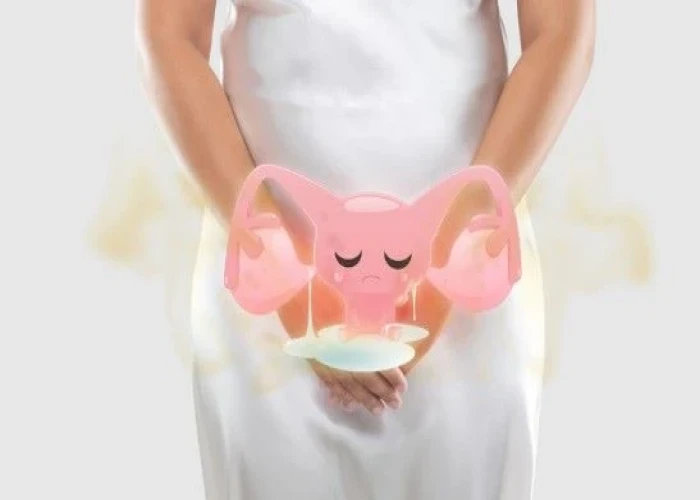
Leucorrhoea
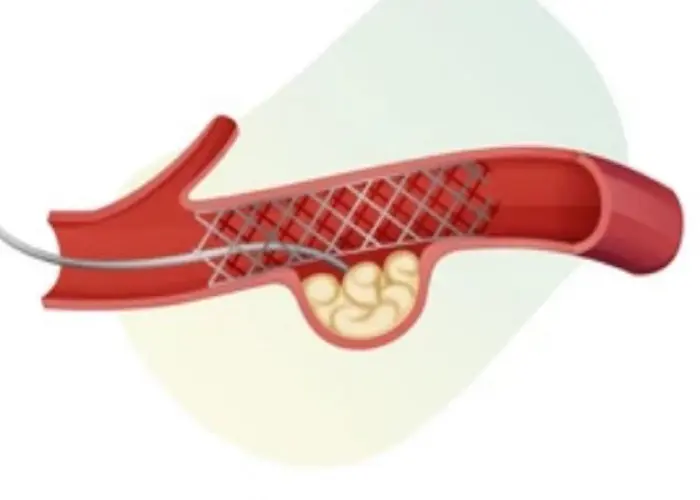
Aneurysms

Retention of Urine
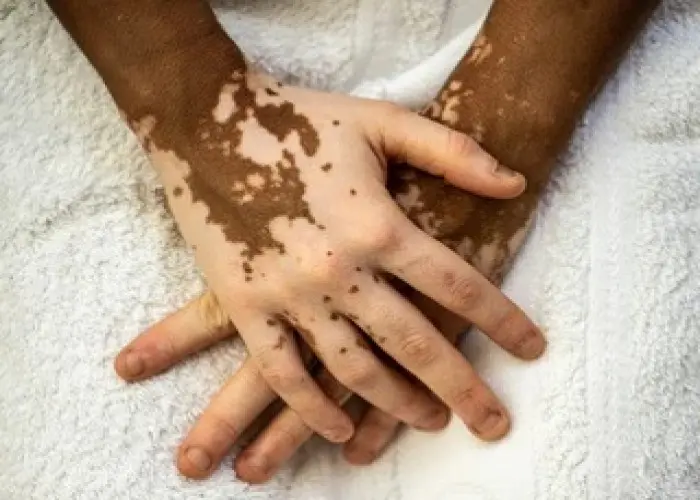
Albinism
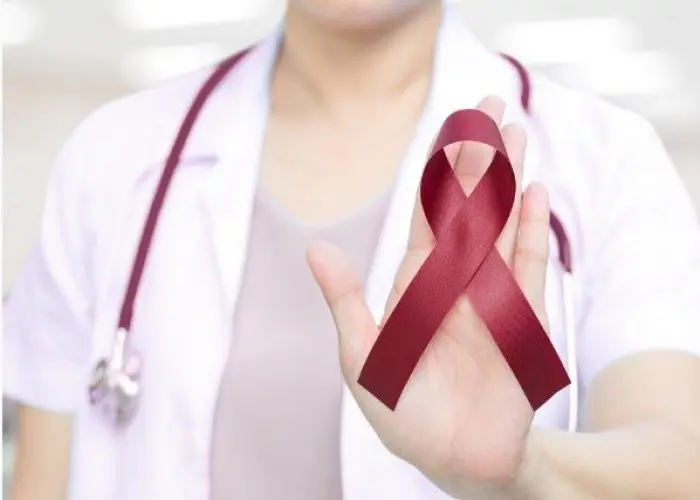
Factor V Leiden
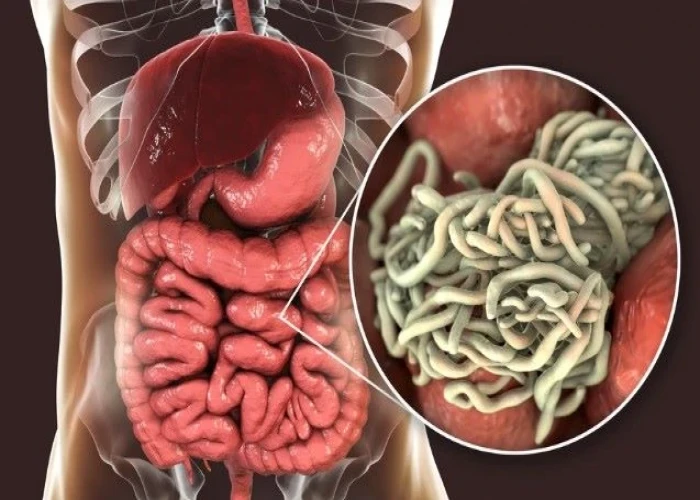
Pinworm infection
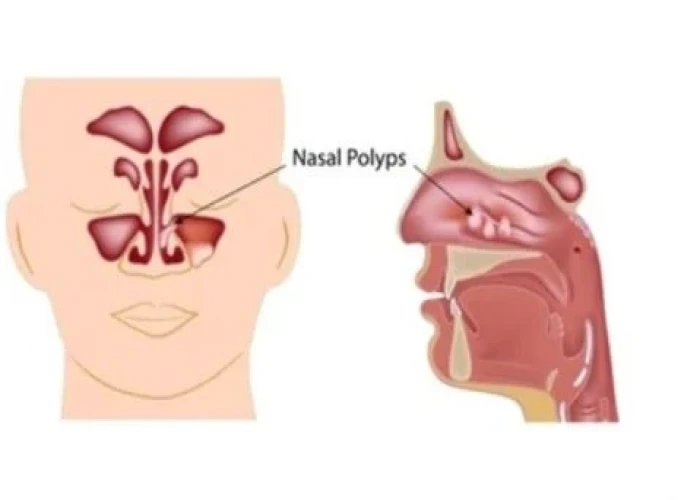
Nasal polyps
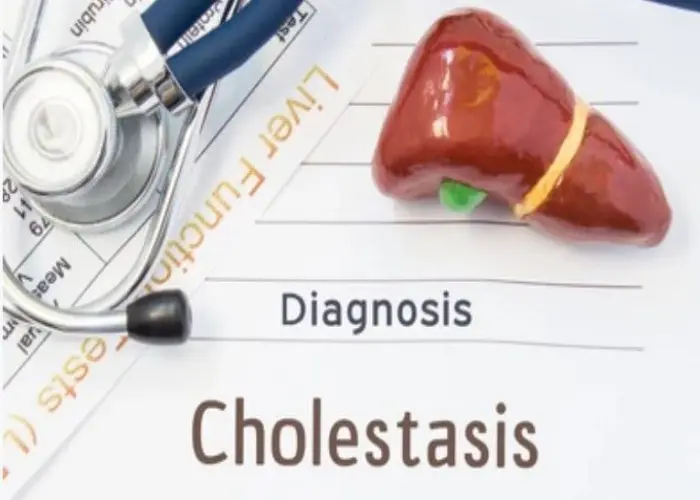
Cholestasis of pregnancy
Recurrent breast cancer, পুনরাবৃত্ত স্তন ক্যান্সার
To be happy, beautiful, healthy, wealthy, hale and long-lived stay with DM3S.
